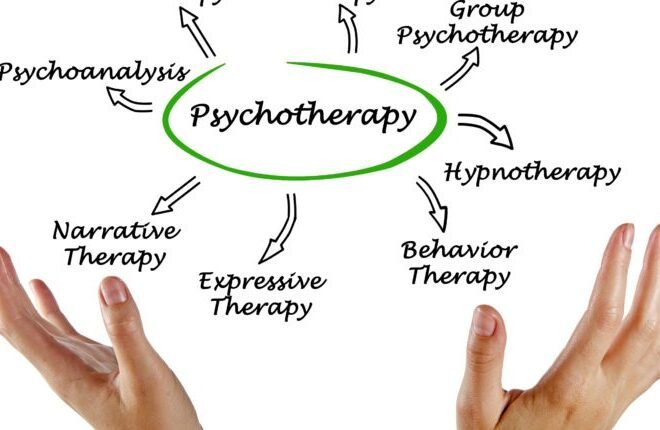
Top Benefits of Memory Care Programs for Older Adults
Discover the top benefits of memory care programs for older adults, including safety, structured routines, and personalized cognitive support.
Concerned about an elderly loved one with memory loss? Alzheimer’s and dementia can make daily life confusing and overwhelming for older adults.
Many families struggle to balance a loved one’s safety and independence. Thank goodness there are care products for this.
Memory care programs provide specialized care that general care facilities may not. These programs improve life and reassure families.
These services go beyond basic care with professional staff, secure environments, and custom routines. Read on for the top benefits of memory care programs for seniors.
Safe and Supportive Environment
Safety is the most important thing when memory care centers are built. People who have memory loss often have trouble staying focused, so doors are often locked to keep them from wandering.
Staff members are taught how to be kind to people who are confused, anxious, or acting in ways that aren’t expected. There are emergency response systems all over the building.
Personalized Daily Routines
Older adults with memory challenges thrive on structure and familiarity. Memory care programs offer consistent schedules for meals, different activities, and rest.
Predictable routines reduce stress and help residents feel more comfortable in their surroundings. Staff members work closely with families to understand personal habits and preferences.
Engaging Cognitive Activities
To slow down memory loss, it’s important to keep your mind busy. Puzzles, art, music therapy, and stories are some of the fun and brain-boosting activities that are part of memory care programs.
These activities are made to fit the needs of every resident. They also make you happy and give you a sense of accomplishment. Regular participation can help you concentrate, remember things, and use your brain better in general.
Trained and Compassionate Staff
Caring for someone with memory loss takes special training and a lot of patience. Staff in memory care facilities receive ongoing education in dementia care techniques. They learn how to respond calmly to confusion, aggression, or fear.
More importantly, they approach every resident with empathy and respect. Their gentle, professional care makes a big difference in the daily lives of residents.
Social Opportunities and Emotional Wellness
Isolation can make memory loss and depression worse in older people. Memory care communities help people get to know each other through shared meals and group activities.
Residents are encouraged to talk to other people, which is good for their mental health. Staff members also keep an eye on mood changes and are there to help when needed.
Specialized Medical and Cognitive Support
Memory care programs are designed to meet the health needs of seniors with Alzheimer’s or dementia. Nurses and therapists often work on-site to provide medical supervision and medication management.
Cognitive support plans are tailored to the individual and adjusted as conditions change. Families can feel confident knowing their loved one receives care that matches their condition. Choosing an Alzheimer’s care program for seniors ensures that every detail of therapy to nutrition is handled with expertise.
The Value of Memory Care Programs for Older Adults
Memory care programs do more than just watch over seniors who are having trouble thinking or remembering. They also make them feel safer, more comfortable, and improve their quality of life. These programs help older people stay active and safe by giving them set schedules, social activities, and their care teams.
They also give families the peace of mind they need. When someone needs help with daily tasks or advanced cognitive care, memory care centers are a great place to go.
Did you like this guide? Great! Please browse our website for more!


